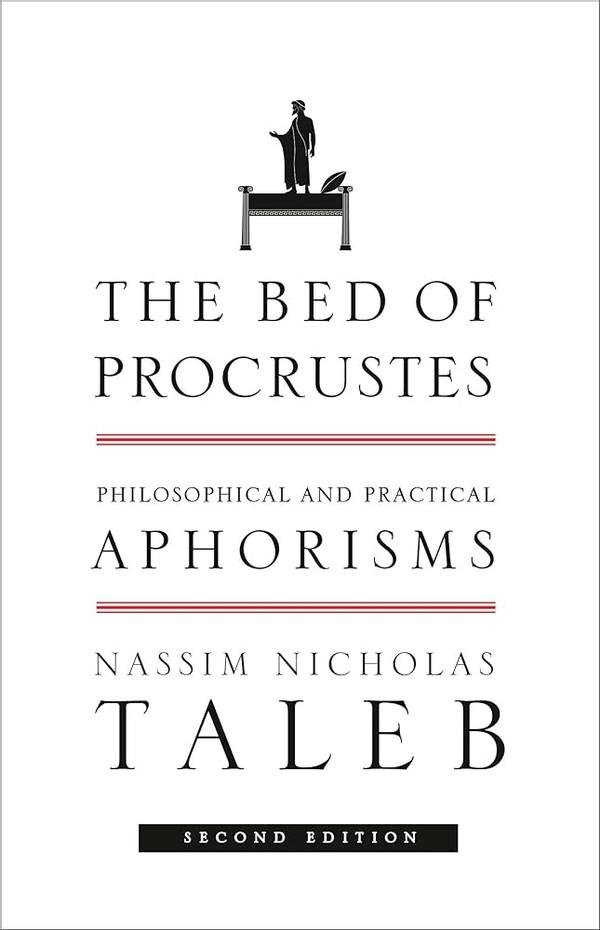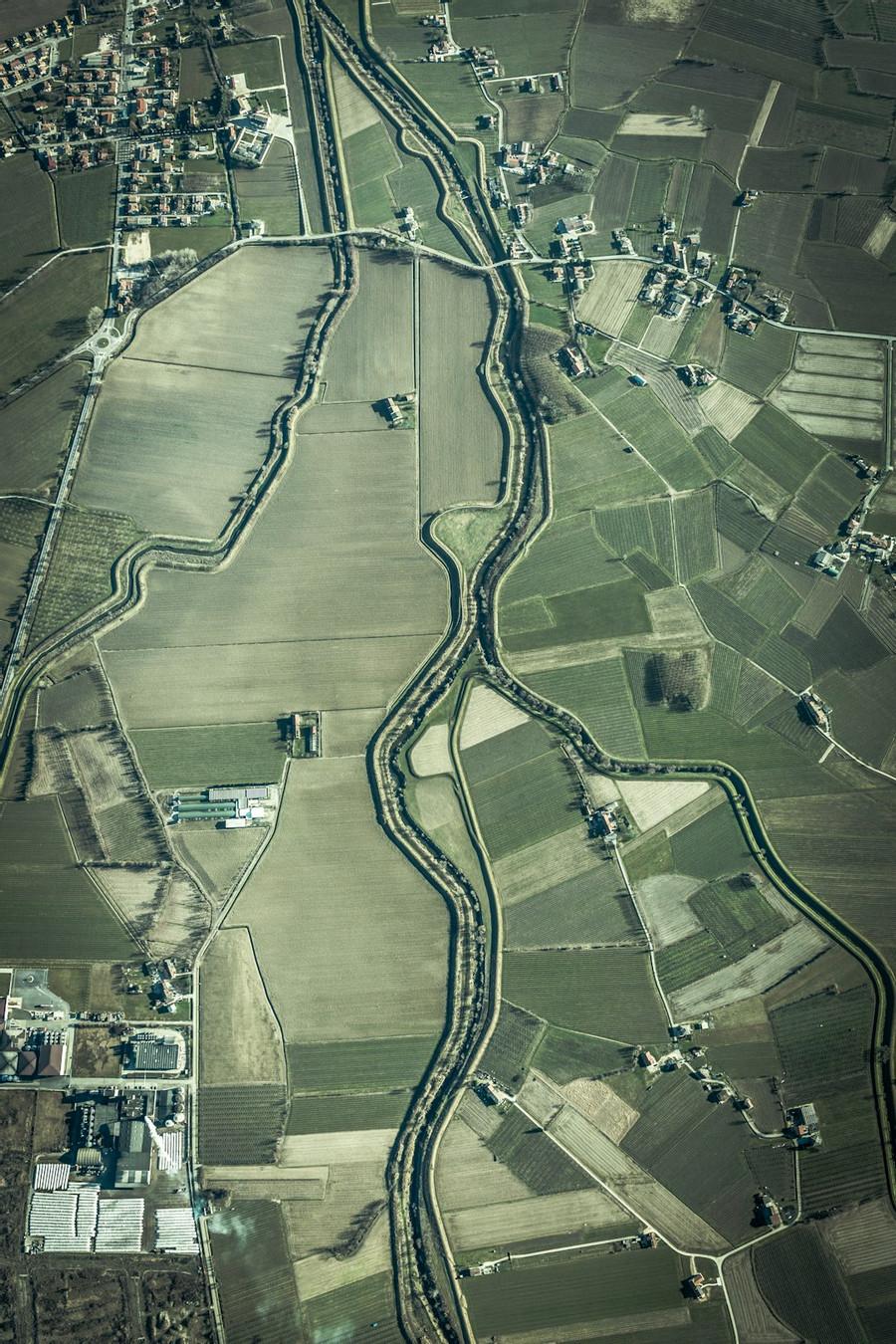Abigail Daniels's Key Ideas from The Bed of Procrustes
by Nassim Nicholas Taleb
Ideas, facts & insights covering these topics:
9 ideas
·6.05K reads
40
2
Explore the World's Best Ideas
Join today and uncover 100+ curated journeys from 50+ topics. Unlock access to our mobile app with extensive features.
Narrative Bias: Our Minds Prefer Coherent Stories to Truth
Our brains have a natural tendency to create coherent narratives to make sense of the world around us, even if those narratives are not necessarily accurate or complete.
This bias can lead to oversimplification and a failure to appreciate the complexity and randomness of life.
85
1.11K reads
Overconfidence: The Illusion of Control
Overconfidence is a common human trait that can be dangerous, particularly in situations where we have limited control over outcomes.
We often underestimate the role of luck and randomness in our lives, leading us to make bad decisions and take unnecessary risks.
78
839 reads
Optimization Leads to Fragility
Seeking theoretical perfection or maximum efficiency often makes things more fragile and prone to disruption in practice.
Overoptimization narrows tolerances, removes redundancies and streamlines away safety nets that provide resilience.
It is better to favor empirically antifragile systems and activities that gain from uncertainty over theoretically optimal but fragile ones.
82
762 reads
Antifragility: Beyond Resilience
Antifragility means having systems, processes and activities that actually improve when faced with volatility, shocks and stressors. It goes beyond resilience or robustness to exploit uncertainty.
We should engineer and participate in antifragile domains that dynamically learn and strengthen from disorder rather than merely withstand it.
79
646 reads
"Good Enough" Beats Optimal Illusions
True optimal solutions are often unknowable in complex domains with many variables. Don't chase fictional best-case scenarios drawn from models and assumptions.
Settle for what empirically seems to work well enough in practice, avoiding overoptimizations.
78
608 reads
Accept the Gray Areas
Seek nuance, avoid false dichotomies. Binary, black-and-white thinking and simplistic models ignore the organic interconnectedness and complexity of the real world.
Appreciate gray areas and overlaps rather than forcing false choices.
74
539 reads
Plan for Unpredictability
Randomness, uncertainty and unpredictability are unavoidable facts of life. Black swan events happen. We cannot accurately forecast or model everything, especially in nonlinear systems.
Accept the limits of prediction and prepare to adapt.
77
520 reads
Imperfection Enables Antifragility
Some errors and guided trial-and-error are necessary features for antifragility. Systems that are overprotected from all shocks and stresses tend to weaken.
Allow imperfection to enable dynamic gains from stressors, learning and evolution.
77
497 reads
Curiosity Over Optimization
Pursue activities and gather knowledge for their own sake rather than narrow utility. Curiosity, not optimization, is crucial for fulfillment, optionality and avoiding fragility.
Learn broadly guided by interest, not just specialized investment.
80
531 reads
IDEAS CURATED BY
CURATOR'S NOTE
The Bed of Procrustes: Philosophical and Practical Aphorisms" is a book written by Nassim Nicholas Taleb. It was published in 2010 and is a collection of aphorisms, or short philosophical sayings, on topics such as randomness, uncertainty, and human nature. The title of the book refers to the Greek myth of Procrustes, a bandit who would stretch or amputate his captives to fit them to the size of his iron bed. Taleb uses this story as a metaphor for the dangers of forcing people or ideas into predetermined categories or molds.
“
Discover Key Ideas from Books on Similar Topics
10 ideas
Antifragile
Nassim Nicholas Taleb
1 idea
Fooled by Randomness
Nassim Nicholas Taleb
24 ideas
Mythos
Stephen Fry
Read & Learn
20x Faster
without
deepstash
with
deepstash
with
deepstash
Personalized microlearning
—
100+ Learning Journeys
—
Access to 200,000+ ideas
—
Access to the mobile app
—
Unlimited idea saving
—
—
Unlimited history
—
—
Unlimited listening to ideas
—
—
Downloading & offline access
—
—
Supercharge your mind with one idea per day
Enter your email and spend 1 minute every day to learn something new.
I agree to receive email updates









